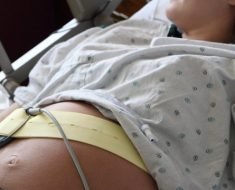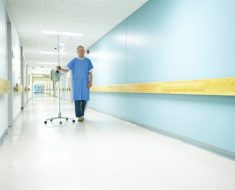A community-randomized clinical trial of the Children’s Healthy Living Program (CHL), based at the University of Hawaiʻi at Mānoa, seeking to sustainably prevent and decrease overweight and obese young children and to improve health in the U.S.-affiliated Pacific region, has decreased overweight and obesity prevalence among Pacific Island children.
The rates of obesity and type 2 diabetes among adults in the Pacific are among the highest in the world. Prevention is needed, and starting in childhood is the best time for prevention because childhood obesity and type 2 diabetes track into adulthood. Obesity among young children in the U.S.-affiliated Pacific region jurisdictions was 14 percent in 2013.
CHL researchers aimed to change the context in which child overweight and obesity occurs by building strong partnerships for action within communities. Nineteen activities addressed policy, environment, messaging, training and targeted six behaviors (sleep time, screen time, physical activity, fruits and vegetables, water and sugar-sweetened beverages).
Among 27 communities and 8,371 children in the community-randomized clinical trial, the CHL decreased overweight and obesity prevalence by 3.95 percent among children ages 2 to 8 years.
Primary outcomes measured were community prevalence of overweight and obesity of young children. Secondary outcomes were prevalence of acanthosis nigricans (a skin condition that can indicate diabetes), sleep quality and duration, changes in dietary intake and increased physical activity.
Source: Read Full Article





